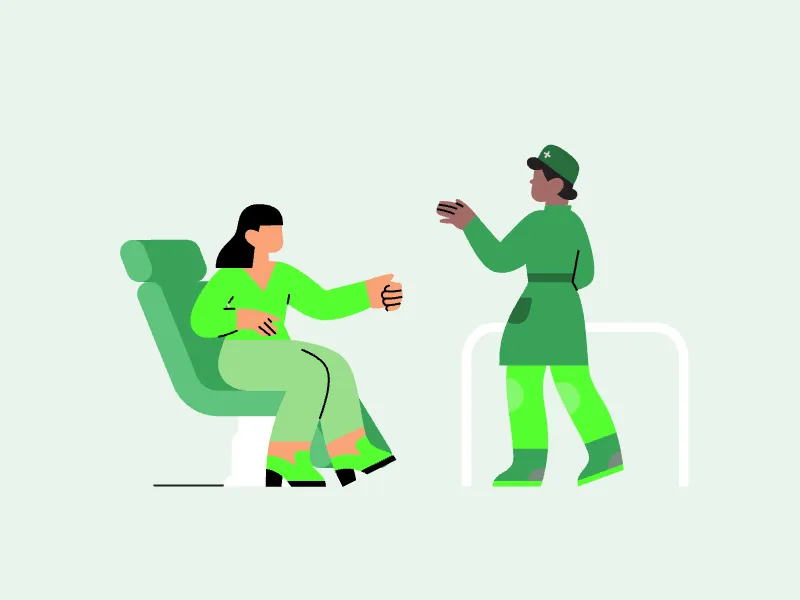Statistics on bulimia and alcohol addiction
There is a high overlap between bulimia and alcohol addiction. According to the available research, around 46% of people with bulimia nervosa have an alcohol use disorder (alcoholism), which is the clinical term for an alcohol addiction, at some point during their lives. (2)
Earlier research has shown that alcohol use disorders are more common among people with bulimia nervosa when compared to individuals diagnosed with anorexia nervosa (AN). For the majority of people, the development of the eating disorder occurs prior to the development of an alcohol use disorder. (3)
Why the overlap?
Statistics have established that alcohol use disorders are prevalent among people with bulimia nervosa, and research into this matter provides some insight into the overlap between bulimia and alcoholism. One study found that there seem to be overlapping symptoms that occur with both bulimia nervosa and alcohol misuse. (4)
For example, binge drinking was found to be common to bulimia nervosa and alcohol misuse. Furthermore, guilt about drinking and feelings of body dissatisfaction also tended to occur together, and study authors concluded that underlying shame likely contributes to both of these symptoms. Based upon the findings of this study, it was concluded that there are thinking patterns that are common to both bulimia nervosa and alcohol addiction. In addition, drinking and eating disorder behaviors can both serve as an unhealthy way of coping. (4)
Additional research has found that individuals who live with both bulimia nervosa and an alcohol use disorder often have anxious, perfectionistic, and impulsive personality traits. (3) It is possible that these traits can contribute to both bulimia nervosa and alcohol addiction. There is also evidence that depression among individuals with bulimia nervosa can increase the risk of an alcohol use disorder. Finally, history of trauma from physical or sexual abuse can increase the risk of bulimia nervosa, as well as the risk of alcohol addiction. (2)
Based upon the total body of research, it appears that bulimia nervosa and alcohol addiction may occur together because of risk factors that contribute to the development of both conditions. For instance, underlying mental health conditions can lead to coping through alcohol misuse and eating disorder behaviors. Harmful thinking patterns, such as those surrounding shame and perfectionism, can also lead to the development of both bulimia nervosa and alcohol addiction.
You might be interested in
Treating co-occurring bulimia and alcohol abuse
Patients who live with both bulimia nervosa and alcohol addiction can recover with treatment. When selecting a treatment program, it is important to choose one that addresses both conditions. If an eating disorder is untreated, a person may return to alcohol misuse in order to cope, and vice versa. When people have co-occurring conditions like bulimia nervosa and an alcohol use disorder, the conditions are often treated with a combination of medication and therapy, with treatment plans individualized to meet a patient’s unique needs. (5)
Some specific therapies have been found to be beneficial for treating co-occurring disorders. For instance, cognitive behavioral therapy (CBT) has been shown to help people to change irrational thinking patterns, and it can allow them to alter their unhealthy beliefs pertaining to body image and alcohol consumption. Another form of therapy called dialectical behavior therapy (DBT) can also be beneficial, as it teaches skills for managing emotions and reducing self-destructive behaviors like substance misuse and self-harm. (5)
While recovering from both bulimia nervosa and alcohol addiction may feel incredibly daunting, help is available and it is never too late to start the healing process.





























